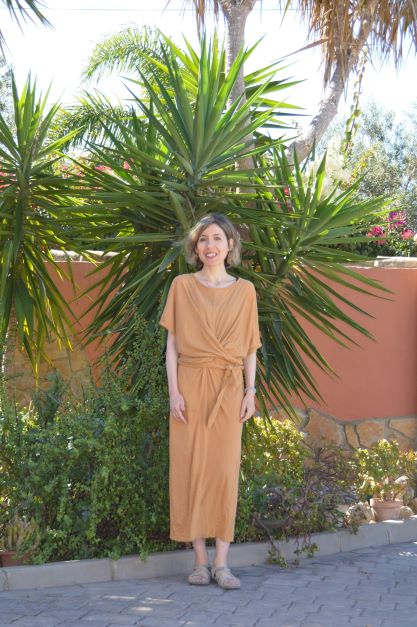
I am an inter/transdisciplinary researcher of the entanglements between microbes, embodiment and inequalities with a long-standing intellectual preoccupation with issues of biological individuality and embodiment in relation to alterity, health disparities and more-than biomedical approaches to infections/AMR. My PhD (Goldsmiths, 2019) examined the biosocial configurations of human microbiome science at the crossroads of ongoing histories of racial, classed and gendered capitalism. I am a Margarita Salas Research Fellow at the Department of Science, Technology and Society of the Institute of Philosophy at the Spanish National Research Council (IFS-CSIC) and the Department of Philosophy and Anthropology of the University of Santiago de Compostela (USC). I am currently conducting a research project, ̈GERMEN: Gender, Microbes and Buen Vivir ̈ (2022-2024), centred on local transgenerational knowledges-practices and embodied experiences of microbial healing and their subsequent imprint on contemporary microbiological research.
My past and present research, teaching and collaborative public engagement and editorial experiences are informed by how inequalities are being (re)produced in science as they move from and between the laboratory, the governmental, the popular and the embodied. Channeled by my compromise on a plurality of knowledges and a deep commitment to social justice, I would like to bring these experiences to serve as an EASST Council Member. My dedication to re-passion EASST community would be focused on inclusiveness, particularly around three key issues:
W: https://orcid.org/0000-0002-5707-3441